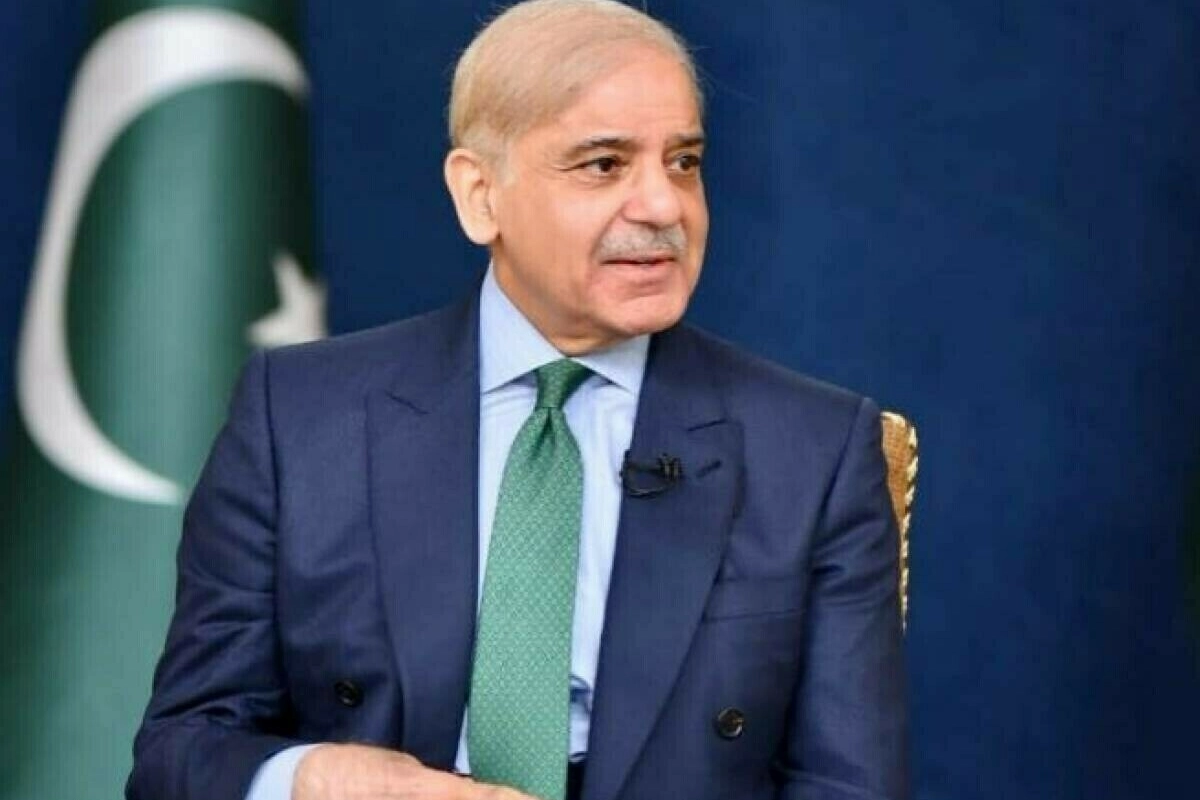In a momentous occasion, Prime Minister Muhammad Shehbaz Sharif has launched the World Bank’s Country Partnership Framework (CPF) for Pakistan, marking a significant milestone in the bilateral partnership between the two entities. The framework, valued at $20 billion over the next ten years, aims to drive sustainable development, economic growth, and social progress in Pakistan by fostering an enabling environment for businesses, strengthening institutions, and promoting climate-resilient development.
Speaking at the launching ceremony in Islamabad, the Prime Minister underscored the strong bond between Pakistan and the World Bank, hailing the launch as a historic day for Pakistan. He expressed heartfelt gratitude to the World Bank team, particularly President Ajay Banga and Vice President for South Asia Martin Raiser, for their tireless efforts in creating the CPF, which he said, is a “visionary initiative” that will help Pakistan tackle its pressing development challenges.
The Prime Minister emphasized that the CPF is a testament to the World Bank’s confidence in Pakistan’s governance and economic management, which is now attaining vibrancy and has become very functional and operational, undertaking deep-rooted structural changes. He highlighted that the framework’s focus on addressing poverty, unemployment, and climate change resonates with Pakistan’s national priorities, and its successful implementation will contribute significantly to the country’s economic growth and social progress.
The CPF is designed to support key priority areas of the government of Pakistan, including education, health, water and sanitation, energy, infrastructure, social protection, and agriculture, among others. The World Bank’s financial assistance, valued at $20 billion over the next ten years, will help Pakistan implement critical projects and programs that will improve the quality of life for its citizens, enhance economic opportunities, and build a more resilient and sustainable economy.
Speaking on the occasion, Economic Affairs Minister Ahad Khan Cheema commended the World Bank’s contribution to Pakistan’s development, highlighting its extensive support for key sectors of the economy. He praised the CPF as a testament to the trust and partnership between the World Bank and Pakistan, recognizing the Bank’s commitment to providing $20 billion in financial assistance over the next decade to support social sector development and promote economic growth.
Vice President for South Asia at the World Bank, Martin Raiser, said that Pakistan has made significant progress in recent years, and the CPF is a reflection of the Bank’s confidence in the country’s growth prospects. He emphasized that the framework is designed to support Pakistan’s efforts to become a middle-income country by 2047 and promote sustainable development, poverty reduction, and climate resilience.
The launching of the CPF is expected to have a transformational impact on Pakistan’s economy and society, leveraging the World Bank’s expertise and financial resources to drive change in the country. The framework’s successful implementation will not only benefit Pakistan but also contribute to regional economic integration, economic growth, and sustainable development in the region.
**Key Features of the Country Partnership Framework (CPF)**
* Valued at $20 billion over the next ten years
* Focus on climate-resilient development, poverty reduction, unemployment alleviation, and promotion of digitization, agriculture, and IT-led initiatives
* Prioritizes key sectors of the economy, including education, health, water and sanitation, energy, infrastructure, and social protection
* Designed to promote economic growth, social inclusion, and sustainable development
* Demonstrates the World Bank’s confidence in Pakistan’s governance and economic management
* Reflects the Bank’s commitment to supporting Pakistan’s efforts to become a middle-income country by 2047
**Implementation Roadmap**
The implementation of the CPF will be carried out in four phases, each spanning three years. The roadmap is as follows:
* Phase 1 (2023-2025): Focus on institutional strengthening, policy reforms, and infrastructure development
* Phase 2 (2025-2027): Emphasis on social sector development, human capital investment, and climate change mitigation and adaptation
* Phase 3 (2027-2029): Prioritize private sector development, economic growth, and job creation
* Phase 4 (2029-2033): Focus on sustainable development, climate resilience, and inclusive growth
The implementation of the CPF is expected to be carried out in close collaboration with the government of Pakistan, civil society organizations, and private sector entities. The World Bank will provide technical support, capacity building, and advisory services to help Pakistan implement the CPF effectively.





